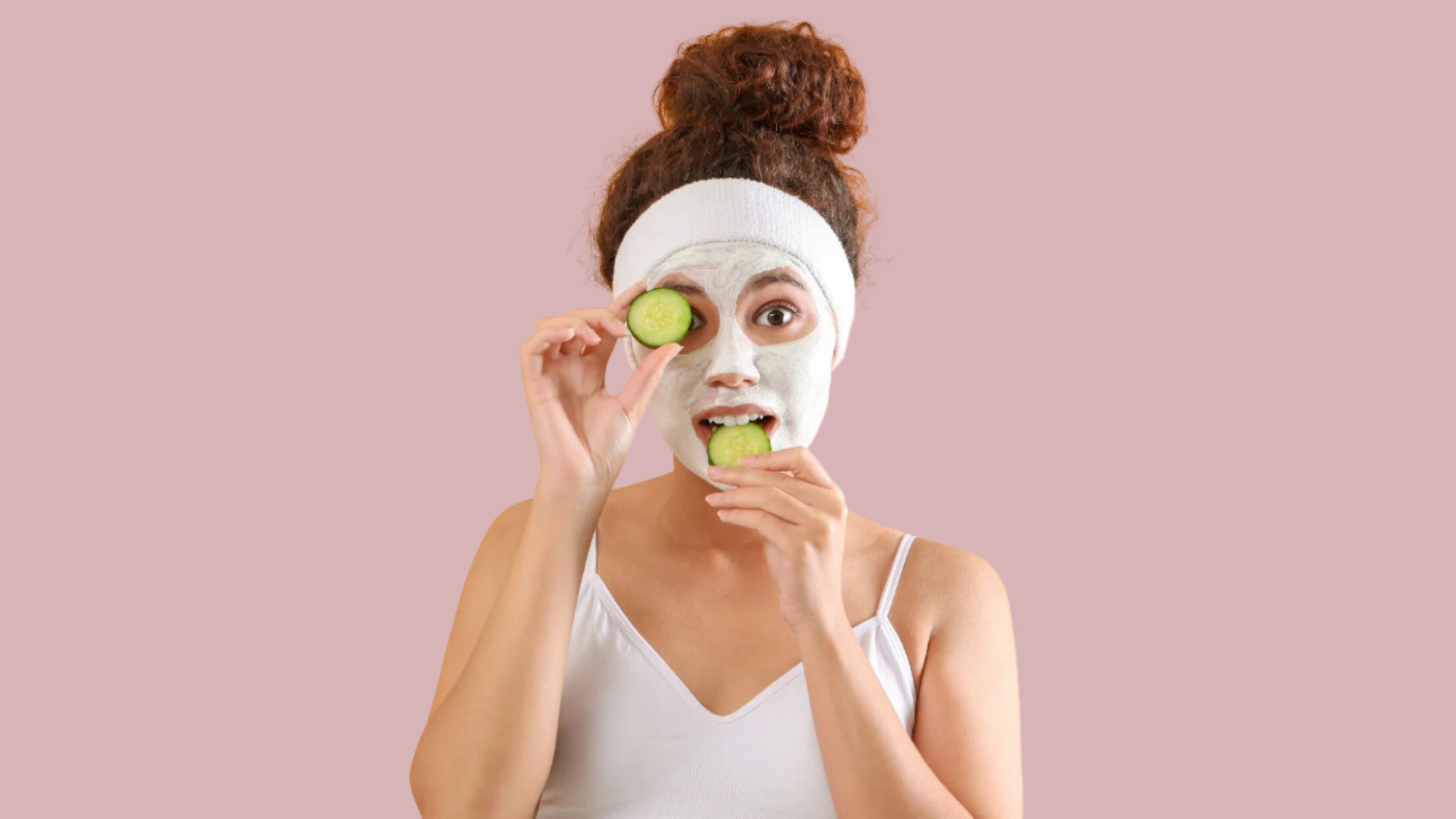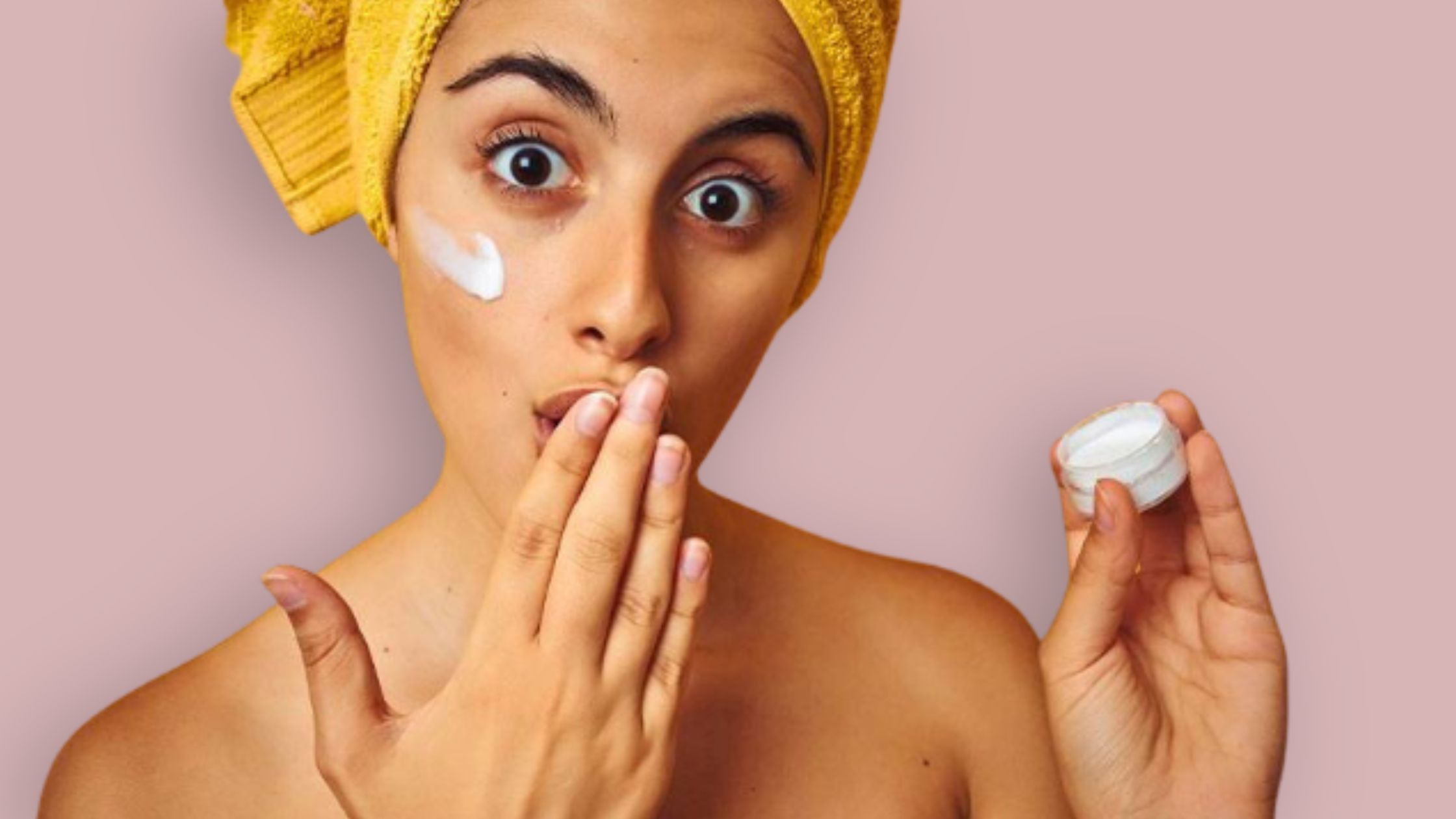Best Source for Beauty Industry Trends, News and Updates
Skincare is not just about vanity; it's about health. Your skin is the largest organ in your body, and it deserves proper care and attention. However, even the most well-intentioned individuals often make common skincare mistakes without realizing it. In this comprehensive guide, we'll explore these skincare blunders and, more importantly, how to avoid them. Let's dive into the skincare world and discover the secrets to achieving healthy, radiant skin.

Before we delve into skincare mistakes, it's crucial to understand your skin type. Skin can be dry, oily, combination, or sensitive. Knowing your skin type helps you make informed decisions about the products you use.
Different skin types have unique needs. We'll discuss how your skin type influences the selection of cleansers, moisturizers, and other skincare products.
Many people believe that the more they wash their face, the better. However, over-cleansing can strip your skin of essential oils and disrupt its natural balance.
Not all cleansers are created equal. Using the incorrect one for your skin type leads to issues like dryness or excess oil production.
Makeup that has been worn all night can clog pores and cause outbreaks. Proper makeup removal is a vital part of skincare.
Dead skin cells must be removed by exfoliation. We'll discuss why neglecting this step can lead to dull, uneven skin.
On the flip side, over-exfoliating can damage the skin's protective barrier. Finding the right balance is crucial.
Some exfoliating products can be too abrasive. We'll look at the importance of choosing gentle exfoliants.
Contrary to popular belief, skipping moisturizer can lead to increased dryness. We'll explain why everyone should use a moisturizer, regardless of skin type.
Selecting a moisturizer that doesn't suit your skin type can be counterproductive. We'll guide you in choosing the right one.
The way you apply moisturizer matters. We'll provide tips on how to get the most out of your moisturizing routine.
Sunscreen is your skin's best friend in the fight against aging and skin cancer. Neglecting this step is a significant skincare mistake.
Choosing the wrong SPF level can leave your skin vulnerable to sun damage. We'll help you pick the right one for your needs.
Sunscreen's effectiveness diminishes over time; many must remember to reapply during the day. We'll discuss the importance of reapplication.
The neck and chest area are often overlooked. We'll explore why it needs special attention.
We'll provide tips on how to care for your neck and décolletage, including sunscreen and moisturizers.
Sleep deprivation may have detrimental impacts on your skin. We'll discuss the connection between quality sleep and a healthy complexion.
For better skin and overall well-being, we'll share strategies for getting a good night's rest.
Your diet can significantly impact your skin. We'll examine the foods to include and those to avoid for better skin health.
Dehydration can lead to skin problems. We'll provide recommendations for daily water intake.
Discover how much water you should be drinking to maintain well-hydrated skin.
Stress isn't just mental; it affects your skin, too. We'll explain the science behind it.
Learn stress management techniques that can help your skin stay healthy and youthful.

Allergies can wreak havoc on your skin. We'll guide you through identifying and managing skin allergies.
Learn how to choose products that won't trigger allergies or sensitivities.
DIY treatments can be tempting, but they come with risks. We'll discuss when it's best to consult a professional.
Find out when a dermatologist's expertise is necessary for your skincare concerns.
Regular visits to the dermatologist are essential for maintaining healthy skin. We'll outline why.
How Often You Should Visit
We'll recommend how frequently you should see a dermatologist for check-ups.
Expired products can be harmful. We'll explore the potential consequences of using them.
Learn how to store your skincare products to extend their shelf life.
Putting on makeup before bed might cause blocked pores and breakouts. We'll explain why this is a skincare no-no.
If you have sensitive skin, your makeup choices matter. We'll guide you on selecting gentle products.
The skin around your eyes is fragile and requires special care. We'll delve into the details of eye skincare.
Discover the proper techniques and products for caring for the delicate eye area.
Hands and feet need love, too. We'll share tips for keeping them soft and smooth.
Explore essential foot care practices to maintain healthy and happy feet.
Can I use the same products on my face and body?
It's generally best to use different products for your face and body. The skin on your face is more delicate and has different needs than your body's. Facial skincare products are formulated to be non-comedogenic (won't clog pores) and are often tailored to address specific concerns like acne, fine lines, or pigmentation. Body skincare products are typically heavier and might not be suitable for your face. Using separate products ensures you're addressing the unique requirements of each area, promoting the best results.
How can I tell if a skincare product is expired?
Check for an expiration date on the product packaging. Many skincare products have a period-after-opening (PAO) symbol, which indicates how many months the product remains safe to use after opening. Additionally, look for changes in color, texture, or scent. If the product has an off-putting odor, an unusual appearance, or is irritating, it's best to stop using it. Expired products may be less effective and could lead to skin issues.
What's the best way to deal with acne breakouts?
Dealing with acne requires a multifaceted approach. Consider using a gentle cleanser and an acne-specific treatment containing ingredients like benzoyl peroxide or salicylic acid. Avoid picking at blemishes, which can worsen inflammation and lead to scarring. A dermatologist can provide tailored guidance and may recommend prescription medications or treatments like chemical peels or laser therapy for severe acne. Maintain a consistent skincare routine, and be patient; acne treatments can take several weeks to show results.
Can stress cause wrinkles?
Yes, stress can contribute to the development of wrinkles. When stressed, your body releases cortisol, breaking down collagen and elastin, leading to sagging skin and wrinkles. Additionally, stress can cause you to frown or squint more, creating lines on your forehead and around your eyes. To reduce stress-related wrinkles, practice stress management techniques like meditation, exercise, and ensuring you get enough sleep. A well-balanced diet and a consistent skincare routine can also help combat stress-induced skin issues.
Is natural skincare better than chemical-based products?
Choosing natural and chemical-based skin care products depends on your skin type, concerns, and preferences. Natural products can be gentle and suitable for sensitive skin, but not all-natural ingredients suit every skin type. Chemical-based products can be more targeted and effective for concerns like acne or pigmentation. What's most important is finding products that work for your skin. Reading ingredient labels, doing patch tests, and consulting with a dermatologist can help you make the best choices for your unique skincare needs.
How can I improve my skin's texture?
Improving your skin's texture involves exfoliation, hydration, and protection. Regular exfoliation using products with ingredients like glycolic acid or retinol can help remove dead skin cells and promote a smoother texture. Adequate hydration is crucial, so use a moisturizer that suits your skin type. Don't forget sun protection—UV damage can lead to uneven surfaces. Consider adding a broad-spectrum sunscreen to your daily routine. For stubborn texture issues, consult a dermatologist who can recommend treatments like chemical peels or microdermabrasion.
What's the best method for removing makeup?
The best way to remove makeup is to use a gentle makeup remover or micellar water to break down cosmetics. Follow this with a mild, water-based cleanser to remove any remaining residue. Be sure to use a soft, clean cloth or cotton pads to avoid excessive rubbing, which can irritate the skin. Avoid harsh or alcohol-based removers, which can strip your skin of natural oils and cause dryness. Make makeup removal a nightly ritual to maintain a clean and healthy complexion.
Can I use sunscreen as a moisturizer?
While some sunscreens contain hydrating ingredients, they're not a complete replacement for a moisturizer. Sunscreen's primary function is to protect your skin from UV damage, while a moisturizer's purpose is to keep your skin hydrated and supple. For optimal skin care, use both products in your daily routine. Apply your moisturizer first, and then layer sunscreen over it. Look for a broad-spectrum sunscreen with at least SPF 30 to protect you from the sun's harmful rays.
Are expensive skincare products worth the investment?
Their price doesn't solely determine the effectiveness of skincare products. What matters more is the formulation and ingredients. Some high-end products may have luxurious packaging, but that doesn't necessarily make them more effective than budget-friendly alternatives. Look for products with proven components that target your specific skin concerns. Read reviews, do patch tests, and consult with a dermatologist to make informed choices. Often, effective skincare can be found at various price points, so it's about finding what works best for your skin within your budget.
In this guide, we've uncovered the most common skincare mistakes and offered solutions to help you achieve healthier, more radiant skin. By avoiding these pitfalls and following our expert advice, you'll be on your way to a more confident and glowing you. Remember, your skin deserves the best care you can give it, so make the necessary changes to your skincare routine today!
